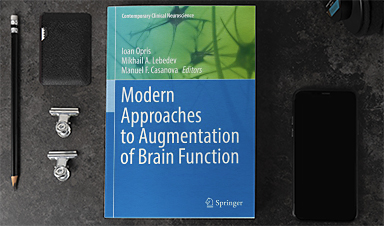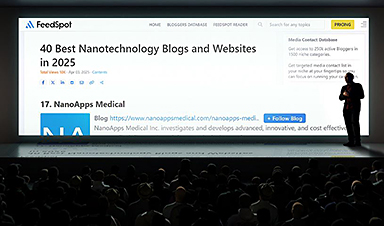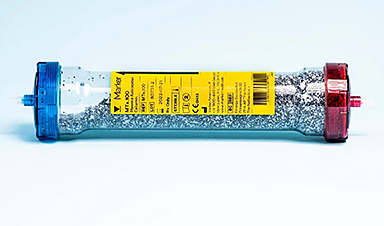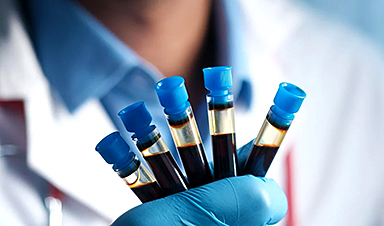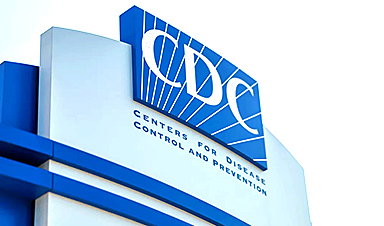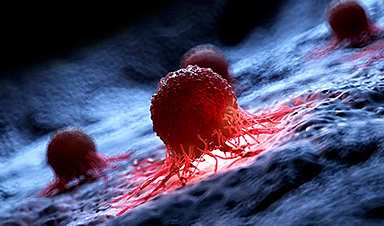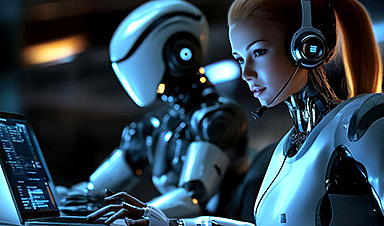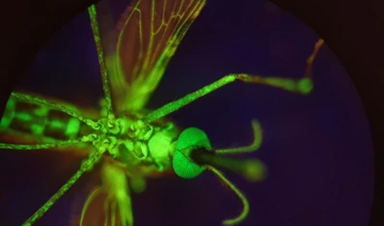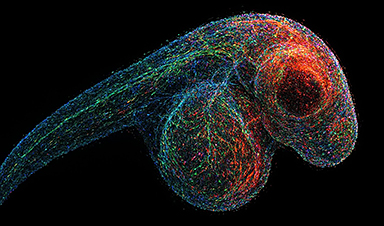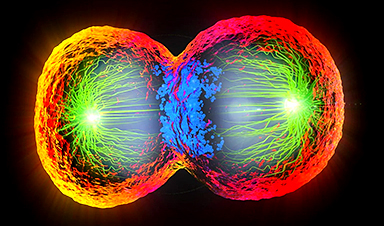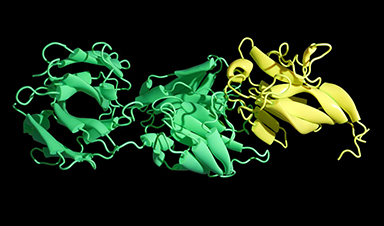Modern Approaches to Augmentation of Brain Function
This book covers recent advances in neural technology that provide for enhancements for brain function. It addresses a broad range of neural phenomena occurring in the brain circuits involved in perception, cognition, emotion and action, that represent the building blocks of behavior and cognition. Augmentation of brain function can be achieved by using brain implants for recordings, stimulation, or drug delivery. Alternative methods include employing brain-machine interfaces, as well as noninvasive activation of certain brain areas. This volume evaluates existing methods of brain augmentation while discussing the brain circuitry and neuronal mechanisms that make augmentation possible.
This volume offers novel insights into brain disorders, and explores new devices for brain repair while also addressing the philosophical and ethical implications of brain augmentation. The information in this book is relevant to researchers in the fields of neuroscience, engineering, and clinical practice.
Advance Praise for Modern Approaches to Augmentation of Brain Function:
“This impressive book by leading experts in neuroscience and neuroengineering lays out the future of brain augmentation, in which the human mind and machine merge, leading to a rapid exponential growth of the power of humanity.”
Ray Kurzweil, best-selling author, inventor, entrepreneur and a recipient of the National Medal of Technology and Innovation (1999), and the Lemelson-MIT Prize (2001)
“This book employs a holistic approach in covering the recent advances in the fields of neuroscience, neuroinformatics, neurotechnology and neuro-psycho-pharmacology. Each chapter of the book covers major aspects of modern brain research in connection with the human mind and behavior, and is authored by researchers with unique expertise in their field. ”
Ioan Dumitrache, Prof. Dr. Eng. Faculty of Computer Science, Polytechnic University of Bucharest, Bucharest, Romania
“This book presents compelling perspectives on what interactive neuroscience will look like in the future, delving into the innovatory ideas of a diverse set of neuroscientists, and speculating on the different ways computer chips implanted in the brains of humans can effect intelligence and communication.”
György Buzsáki, MD, PhD is the Biggs Professor of Neuroscience, NYU School of Medicine, New York, NY

News
AI Outperforms Physicians in Real-World Urgent Care Decisions, Study Finds
The study, conducted at the virtual urgent care clinic Cedars-Sinai Connect in LA, compared recommendations given in about 500 visits of adult patients with relatively common symptoms – respiratory, urinary, eye, vaginal and dental. [...]
Challenging the Big Bang: A Multi-Singularity Origin for the Universe
In a study published in the journal Classical and Quantum Gravity, Dr. Richard Lieu, a physics professor at The University of Alabama in Huntsville (UAH), which is a part of The University of Alabama System, suggests that [...]
New drug restores vision by regenerating retinal nerves
Vision is one of the most crucial human senses, yet over 300 million people worldwide are at risk of vision loss due to various retinal diseases. While recent advancements in retinal disease treatments have [...]
Shingles vaccine cuts dementia risk by 20%, new study shows
A shingles shot may do more than prevent rash — it could help shield the aging brain from dementia, according to a landmark study using real-world data from the UK. A routine vaccine could [...]
AI Predicts Sudden Cardiac Arrest Days Before It Strikes
AI can now predict deadly heart arrhythmias up to two weeks in advance, potentially transforming cardiac care. Artificial intelligence could play a key role in preventing many cases of sudden cardiac death, according to [...]
NanoApps Medical is a Top 20 Feedspot Nanotech Blog
There is an ocean of Nanotechnology news published every day. Feedspot saves us a lot of time and we recommend it. We have been using it since 2018. Feedspot is a freemium online RSS [...]
This Startup Says It Can Clean Your Blood of Microplastics
This is a non-exhaustive list of places microplastics have been found: Mount Everest, the Mariana Trench, Antarctic snow, clouds, plankton, turtles, whales, cattle, birds, tap water, beer, salt, human placentas, semen, breast milk, feces, testicles, [...]
New Blood Test Detects Alzheimer’s and Tracks Its Progression With 92% Accuracy
The new test could help identify which patients are most likely to benefit from new Alzheimer’s drugs. A newly developed blood test for Alzheimer’s disease not only helps confirm the presence of the condition but also [...]
The CDC buried a measles forecast that stressed the need for vaccinations
This story was originally published on ProPublica, a nonprofit newsroom that investigates abuses of power. Sign up to receive our biggest stories as soon as they’re published. ProPublica — Leaders at the Centers for Disease Control and Prevention [...]
Light-Driven Plasmonic Microrobots for Nanoparticle Manipulation
A recent study published in Nature Communications presents a new microrobotic platform designed to improve the precision and versatility of nanoparticle manipulation using light. Led by Jin Qin and colleagues, the research addresses limitations in traditional [...]
Cancer’s “Master Switch” Blocked for Good in Landmark Study
Researchers discovered peptides that permanently block a key cancer protein once thought untreatable, using a new screening method to test their effectiveness inside cells. For the first time, scientists have identified promising drug candidates [...]
AI self-cloning claims: A new frontier or a looming threat?
Chinese scientists claim that some AI models can replicate themselves and protect against shutdown. Has artificial intelligence crossed the so-called red line? Chinese researchers have published two reports on arXiv claiming that some artificial [...]
New Drug Turns Human Blood Into Mosquito-Killing Weapon
Nitisinone, a drug for rare diseases, kills mosquitoes when present in human blood and may become a new tool to fight malaria, offering longer-lasting, environmentally safer effects than ivermectin. Controlling mosquito populations is a [...]
DNA Microscopy Creates 3D Maps of Life From the Inside Out
What if you could take a picture of every gene inside a living organism—not with light, but with DNA itself? Scientists at the University of Chicago have pioneered a revolutionary imaging technique called volumetric DNA microscopy. It builds [...]
Scientists Just Captured the Stunning Process That Shapes Chromosomes
Scientists at EMBL have captured how human chromosomes fold into their signature rod shape during cell division, using a groundbreaking method called LoopTrace. By observing overlapping DNA loops forming in high resolution, they revealed that large [...]
Bird Flu Virus Is Mutating Fast – Scientists Say Our Vaccines May Not Be Enough
H5N1 influenza is evolving rapidly, weakening the effectiveness of existing antibodies and increasing its potential threat to humans. Scientists at UNC Charlotte and MIT used high-performance computational modeling to analyze thousands of viral protein-antibody interactions, revealing [...]
